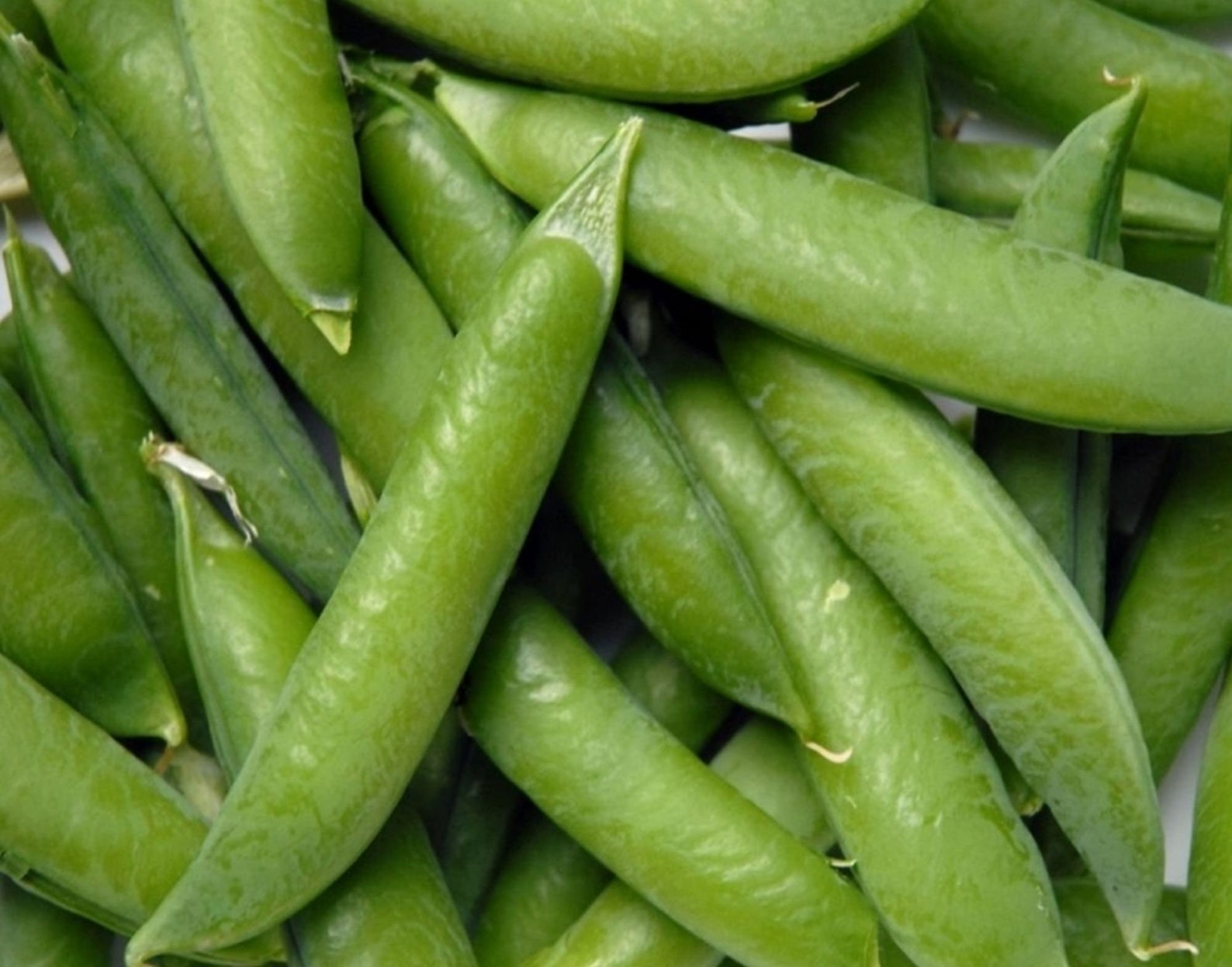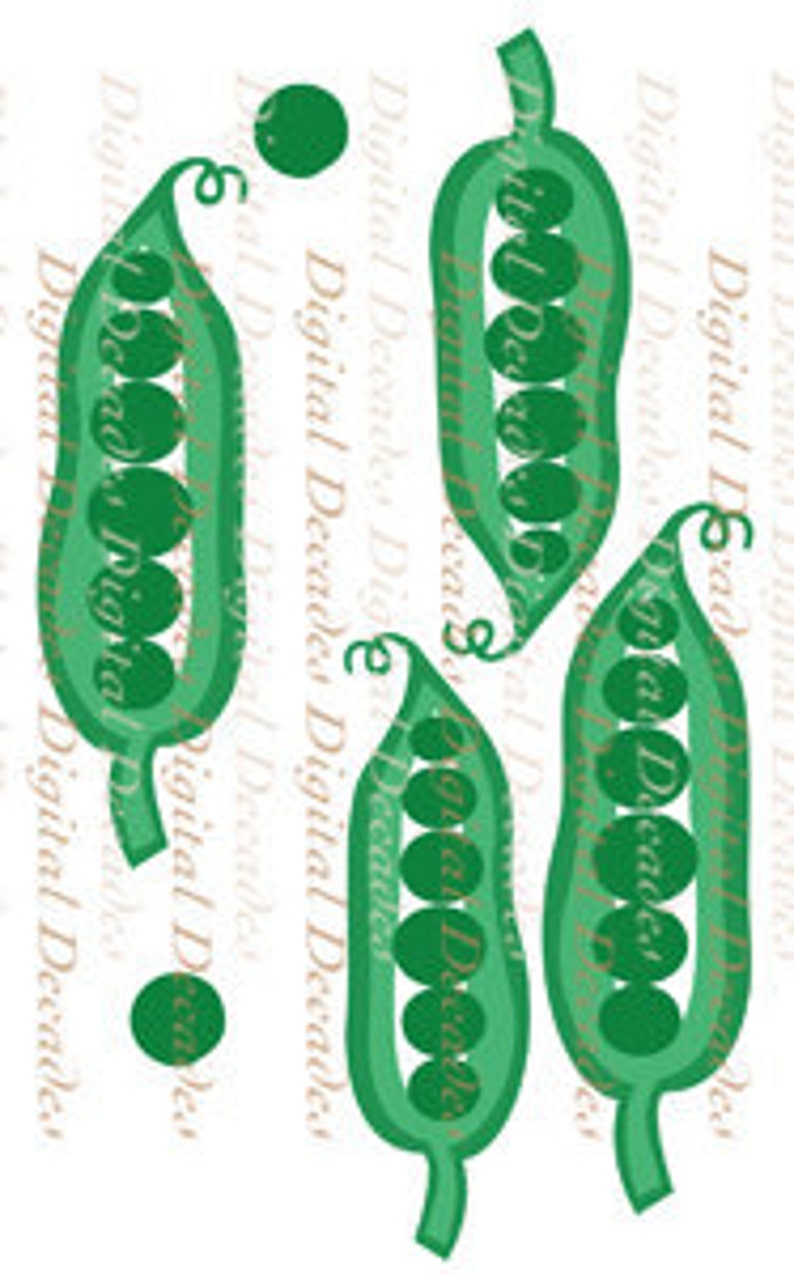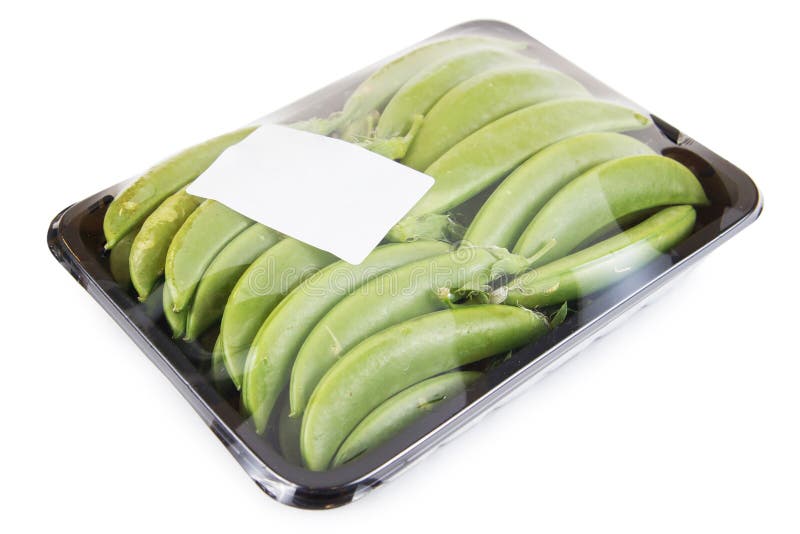
Just listed as a “pea.” Initially I thought this would be a well-known word for “pea” in Spain, but when compared to the numbers for “guisante” it is rather negligible. It is often found in its plural form as “porotos de manteca" (butter beans) or “porotos alubias” (black-eyed peas). It means “bean” or “pea” (but not the green garden kind). porotoĪnother word, but not for “pea,” well, not exactly. This is usually found in its plural form in front of the word “verdes.” It means “green beans.” Again, not a pea. For this, and the aforementioned reason, I wouldn’t use this for the word “pea.” judía However, that green vegetable in a pod was not a pea. Instead, I saw photo after photo of a green vegetable in a pod. Granted, I probably have some good “safety” filters in place, but I found no evidence of this word being used to refer to male anatomy. For some reason, I was a bit skeptical, so I decided to do a Google image search. In fact, one source I used mentioned that this is a vulgar word making reference to a certain part of a male’s anatomy. This word can mean “pod,” but as far as I know, it does not mean “pea,” specifically. Still, if you're from a country that uses this word to mean “strong throw” or anything other than “pea,” please add that information to a comment or an answer. Again, I should add the qualifier “yet” because I did a little pseudo-scientific research on this word, too. chícharoĪnother word for “pea,” but this (according to one definition I saw) can also mean “strong throw.” Where, exactly? I don’t know. By the way, variations on this include: guisante forrajero (field pea), guisante cultivado (cultivated pea), and guisante verde (green pea). I can’t vouch for anything beyond that yet, but if you continue reading, you'll see that I did what I could to look into it. I saw evidence (via online commentary) that this word is recognized as the word for “pea” in Spain and Mexico. The phrase “aveja común” means “common pea” and should also be recognized as a reference to the common pea in Spanish-speaking countries around the world. Should be universally recognized as the word for “pea” in both Latin America and Spain. How is this type of pea translated into Spanish? Well, it sometimes depends on which country you live in, so I’ve included regional notes throughout this answer. From “Which Pea Variety is Right for Your Garden?”by Marie Iannotti They also go by shelling peas, common peas, standard peas, and garden peas.

These are traditionally known as English peas. When most of us think of peas, we picture the small, round, green balls that are so hard to grab with your fork. Rather than recreate the wheel, I’m just going to paste what I found in an article over at The Spruce: En adición a «guisante» y «arveja» lo que sigue es lo que encontré:Įl primero me dejó queriendo más y el segundo me voló la cabeza un poquito porque no sólo incluía un montón de palabras, sino que también incluía unas que pensé significaba algo diferente.Įntonces, ¿todas estas palabras significan “pea”? Y, ¿existen diferencias regionales para esta palabra?įirst of all I found all sorts of variations of “pea” in English, so I needed to clarify some things in my own language before I could attempt to answer this. Todo eso cambió cuando topé la palabra «arveja», que abrió una nueva lata completa de guisantes para mí y me dejó con aún más preguntas. Hasta hace muy, muy poco, la única palabra que he conocido por la palabra "pea" es la palabra «guisante». So, do all of these words mean “pea” and do any regional differences exist for this word? The first left me wanting more and the second kind of blew my mind because not only did it include a bunch of words, it also included ones that I thought meant something else.


"guisantes" and "arvejas" translate to "peas".

In addition to “guisante” and “arveja,” these are the words for "pea" that I came upon: Until very, very recently, the only word I’ve ever known for the word “pea” is the word “guisante.” That all changed when I stumbled upon the word “arveja,” which opened up a whole new can of peas for me and left me with more questions.


 0 kommentar(er)
0 kommentar(er)
